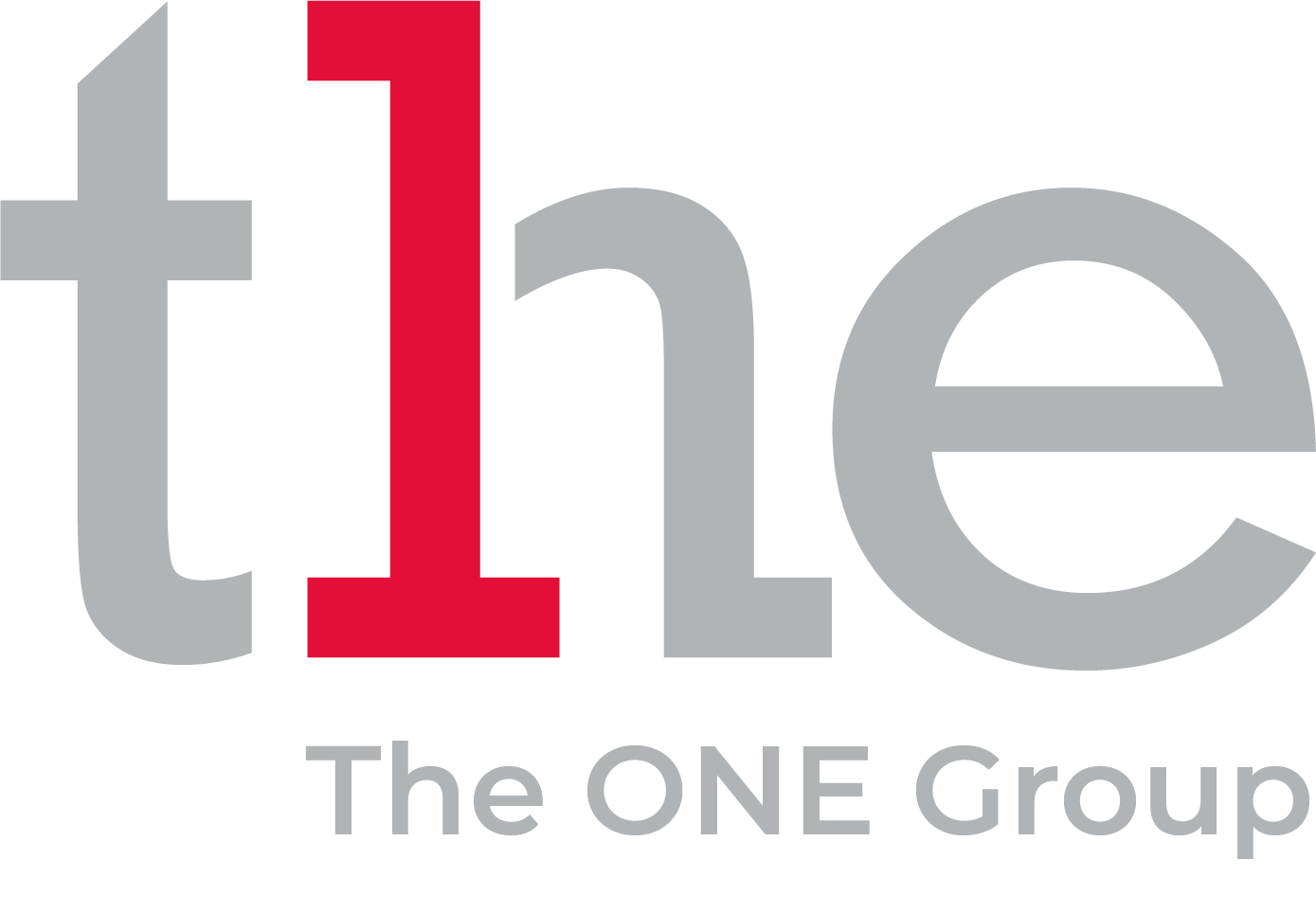Tips for Interviews
You’ve made it to the interview stage! That’s great news, however, we know that interviewing at any stage of your career can be a daunting experience. So, we’ve put together this blog as a guide to the interview process, with a general framework to focus on and to assist you to maximise your impact at this all-important meeting.
We believe that if you thoroughly prepare for your interview this will have a positive effect on your overall performance and you will feel more confident!
Interview Preparation
Once your interview has been arranged you’ll receive a confirmation email. This will outline who you will be meeting and where and when the interview will take place.
We recommend you consider the following:
Before the interview
Plan your journey in advance: if possible make the journey before the interview date. This will ensure you know not only where it is but how long it is going to take you to get there.
All interviews require suitable business dress: your personal presentation will help make a good first impression. Give yourself enough time on the day of the interview to ensure you look as presentable as possible.
Interview content
There are three main areas that you should focus on that we trust will give you enough information and enable thorough preparation for the content of the interview.
Your CV
Your CV has sold your skills so far; however, you must be able to talk through it in detail and answer some questions about it at the interview. To ensure you perform well at the interview, ask yourself the following questions and make notes on your CV:
Can you talk through your CV from your earliest employment to the most recent
Highlighting the reasons for joining the companies you have worked for
What did you do and why did you leave?
If there are gaps on your CV can you discuss the reasons for these breaks and answer further questions regarding this (the duration and what you were doing in the interim)
Are you confident in discussing your achievements, particularly those relevant to the role and those that apply to core competencies? Think about your communication and organisational skills, and team working.
If currently studying can you discuss with confidence the level to which you have studied and what is required to complete your studies?
Are you able to refer to all parts of your educational history, no matter how far back?
Job Specification
The job specification provided should cover all the main aspects of the role that you are interviewing for. Ensure that you have read the specification thoroughly and that you understand all the tasks required of you. Try to relate these tasks back to your own experience and have examples ready, just in case you are asked about them during the interview.
It’s likely that there will be certain tasks that are new to you; research these and if these tasks appear to be company specific ask your consultant to elaborate further. We’re here to help!
Company Information
Learn about the company: look at the company’s website and social media to learn more about them, their employees, and their culture. Look at their ‘About Us’ page and take a look over all areas of their website and to try to understand what they do, where they operate, their mission statement, and take note of any achievements.
Interview process
There are usually three stages of the interview, the introduction, the questions, and the close.
The introduction
Making a good first impression and building rapport are key to getting the interview off to a good start. Think about something relevant to start a conversation, this could be regarding the modern nature of the office, something up-to-date in the news about the company or simply thanking them for taking the time to see you.
The questions
Using your CV, the job specification, and the company information you have researched, plan potential responses to the following questions:
Tell me about your previous experience.
What are you hoping to do next?
Why do you want to work for this company?
What is it about this role that appeals to you?
Where do you see yourself in the next 3-5 years? - Avoid talking about salary/job titles – talk about the experience you want to gain, and skills you want to develop e.g. become qualified, and manage a team.
How would you describe yourself or how would your friends/family describe you?
What are your strengths?- Look at skills and achievements relevant to this job
What are your weaknesses? - Look at areas of development specific to this job
What do you know about the company? - Outline your understanding of what the company does, where they operate, what their key principles are, and who their main competitors are.
Something to bear in mind - there is an interview structure known as Competency Based Interviewing and here, you can find a guideto this process.
Normally towards the end of the interview, you will be given the opportunity to ask any questions that you have. We have listed some questions to consider.
How did the company gain a competitive advantage?
What are the company’s key strengths?
What are the company’s main threats?
What are the long-term business goals?
Why did the interviewer join the company?
How have they progressed within the company?
What is the company environment/culture like?
The close
It’s important to close the interview on a positive note. Thank the interviewer for their time, and reaffirm your interest in the role. Let them know that you are keen to gain feedback and that you look forward to hearing back from your consultant. Try to avoid discussing salary expectations at this time. This is something that your consultant will manage as part of our service.
Second interviews
Second interviews can sometimes be repetitive as there is normally a new member of the business present, this could be a member of HR or another member of the management team. Your preparation should mirror that for the first interview, but in addition, try to:
Further highlight your strengths
Overcome any issues there may be regarding any weaknesses
Look back at your achievements and experience for examples
If questions are repeated for the benefit of any new parties involved, use your previous interview answers to frame your answers
Think of some further information you may require and prepare questions to ask
Concentrate on being yourself; you know they like you.
Be confident and enthusiastic!
Feedback
This is an important part of the process, whatever the outcome. You can use this information to prepare for your new role and the challenges this will bring, or to improve your interview performance moving forwards.
Good luck!


